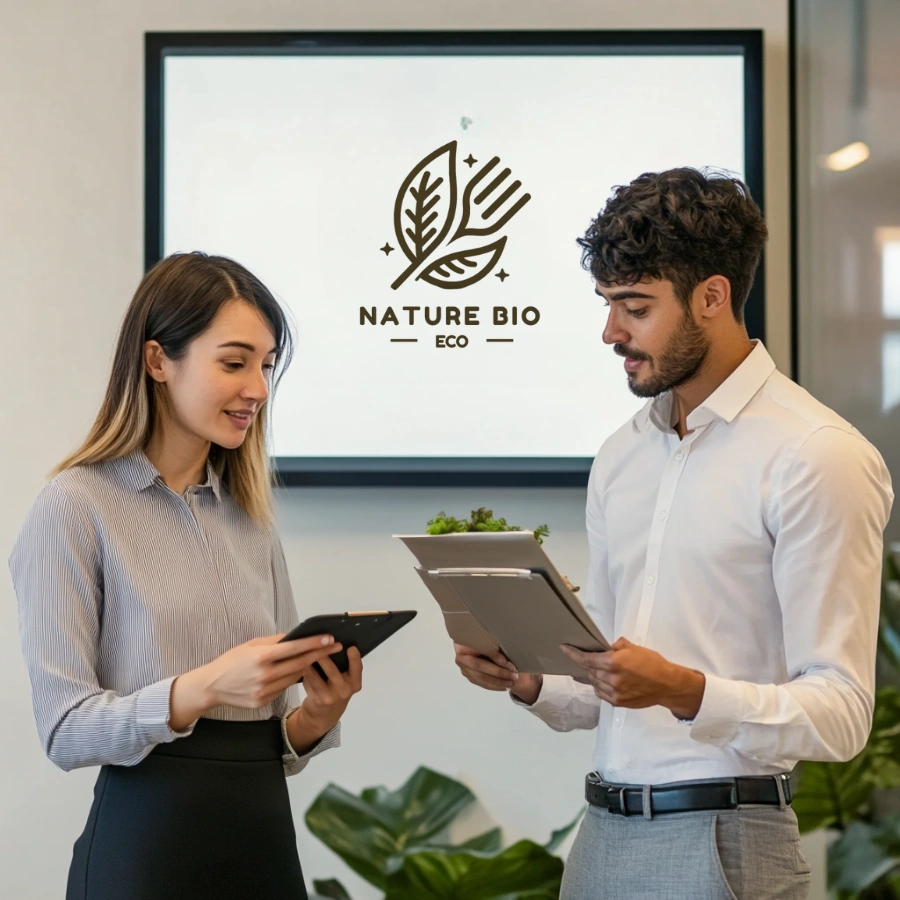The Plastic Straw Predicament: A Silent Environmental Crisis
Every day, millions of plastic straws contribute to a growing environmental catastrophe. For businesses in the food service industry, this isn’t just a challenge but an opportunity to lead the change toward sustainability.

The Startling Reality
- 500 million plastic straws are used daily in the United States.
- Approximately 8.3 billion plastic straws pollute beaches worldwide each year.
- Plastic straws can take up to 200 years to decompose, leaving behind a lasting environmental burden.

Related Read: Explore the Environmental Impact of Straw Choices: Sugarcane vs. Plastic for a deeper dive into why traditional straws are harmful.
What Makes Home Compostable Straws Different?
Home compostable straws offer more than just an alternative—they revolutionize sustainable beverage service. Unlike industrial compostable straws, they break down in home compost bins, making eco-friendliness more accessible.

Key Features of Home Compostable Straws
- Complete Decomposition: Fully breaks down in 90–180 days under home composting conditions.
- Zero Toxic Residue: Made from 100% natural, plant-based materials.
- Minimal Environmental Impact: Converts into nutrient-rich compost, benefiting soil health.
- Plastic-Like Performance: Retains durability and functionality, even with hot and cold beverages.
Related Read: Learn more about Compostable Straws: The Sustainable Choice to understand why these straws are transforming the industry.
The Business Case for Home Compostable Straws
Switching to home compostable straws isn’t just good for the environment—it’s also good for business.
Economic Benefits
- Économies de coûts: Reduced waste management costs over time.
- Enhanced Brand Reputation: Stand out as an environmentally conscious brand.
- Attracting Customers: Eco-conscious consumers are more likely to support sustainable businesses.
- Potential Tax Incentives: Some regions reward eco-friendly practices with financial benefits.

Market Trends Supporting Sustainable Choices
| Metric | Current Trend |
|---|---|
| Global Sustainable Packaging Market | Expected to reach $305.31 billion by 2030 |
| Consumer Preference for Eco-Friendly Brands | 73% prefer businesses with green initiatives |
| Annual Growth of Compostable Products | Projected at 16.5% |
External Resource: Check out Ocean Conservancy’s Tools to discover how reducing plastic waste can benefit your business.
Addressing Common Concerns About Compostable Straws
Myth vs. Reality
Myth: Compostable straws are fragile and impractical.
Reality: Advanced manufacturing techniques ensure straws that:
- Retain structural integrity during use.
- Work seamlessly with hot and cold beverages.
- Fully decompose under home composting conditions.
Related Read: Discover the Les 5 principaux mythes sur les pailles compostables démystifiés to separate fact from fiction.
How Businesses Can Implement Home Compostable Straws

Step-by-Step Transition Guide
- Assess Current Usage
- Analyze straw consumption and associated waste.
- Evaluate potential savings from reduced plastic waste.
- Choose the Right Straw
- Select the appropriate type based on drink offerings and temperature requirements.
- Train Your Team
- Educate staff on the benefits of compostable straws.
- Develop talking points for customer communication.
- Market Your Efforts
- Highlight your transition on social media and menus.
- Use signage to educate customers about your eco-friendly initiative.
Related Read: Learn how Compostable Straws Can Boost Your Restaurant’s Green Credentials and attract eco-conscious diners.
The Broader Environmental Impact
Adopting home compostable straws creates a ripple effect that extends beyond your business:
- Reduced Plastic Pollution: Fewer straws ending up in landfills and oceans.
- Lower Carbon Footprint: Less energy-intensive production and decomposition.
- Circular Economy Growth: Supports systems where waste becomes a resource.
- Healthier Soil: Decomposed straws enrich the earth, promoting plant growth.
External Resource: Visit the Plastic Pollution Coalition for actionable tips on reducing your environmental footprint.
Final Added Internal Links:
- Read about the Benefits of Compostable Sugarcane Straws to see why these materials lead the way.
- Dive into Exploring Biodegradable Straws: A Guide to Material Options to compare compostable materials for your business.







